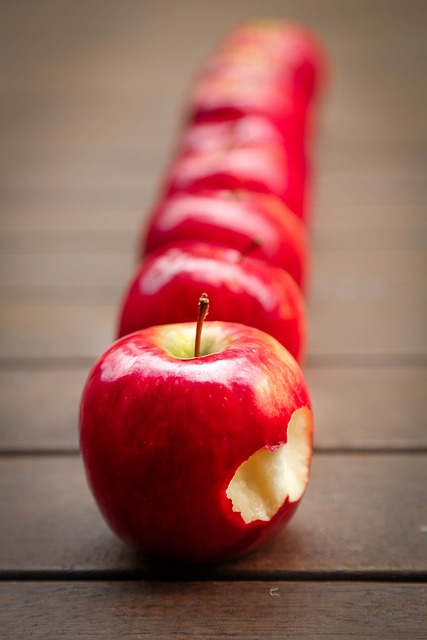Probiotics vs. Prebiotics: What’s the Difference and Why Do You Need Both?
Probiotics and prebiotics are two types of nutrients that are essential for maintaining a healthy gut. While they both play important roles in promoting digestive health, they have different functions and are found in different types of foods.
What are probiotics?
Probiotics are live bacteria that are good for your digestive system. They help to keep your gut healthy by balancing the bad bacteria in your digestive system. Probiotics are commonly found in fermented foods such as yogurt, kefir, sauerkraut, miso, and kimchi. They can also be taken as dietary supplements.
The benefits of probiotics are many and varied. They help to:
- Improve digestive function
- Boost the immune system
- Reduce inflammation
- Prevent and treat diarrhea
- Relieve symptoms of irritable bowel syndrome (IBS)
- Prevent and treat urinary tract infections (UTIs)
What are prebiotics?
Prebiotics are a type of indigestible fiber that your body cannot digest. They are found in certain foods such as asparagus, garlic, onions, leeks, bananas, apples, and oats. Prebiotics are essential for feeding the good bacteria in your gut, helping them to grow and thrive.
Prebiotics work in tandem with probiotics to promote digestive health. They help to:
- Support the growth of beneficial gut bacteria
- Improve gut barrier function
- Reduce inflammation
- Boost the immune system
- Improve insulin sensitivity
Why do you need both probiotics and prebiotics?
Your gut microbiome is a complex ecosystem that requires a balance of both good and bad bacteria to function properly. Probiotics help to maintain this balance by introducing good bacteria into your gut. Prebiotics provide the food and nutrients that these good bacteria need to grow and thrive.
Consuming both probiotics and prebiotics can help to prevent a variety of digestive problems, including bloating, gas, constipation, and diarrhea. These nutrients can also help to improve your overall health by boosting your immune system, reducing inflammation, and improving insulin sensitivity.
How can you get more probiotics and prebiotics in your diet?
The best way to get more probiotics and prebiotics in your diet is through food. Good sources of probiotics include:
- Yogurt
- Kefir
- Sauerkraut
- Miso
- Kimchi
Good sources of prebiotics include:
- Asparagus
- Garlic
- Onions
- Leeks
- Bananas
- Apples
- Oats
If you don’t consume enough probiotic and prebiotic-rich foods, you can also take them in supplement form. Look for probiotic and prebiotic supplements that contain a variety of different strains and types of bacteria and fiber.
Conclusion
Probiotics and prebiotics are two types of essential nutrients that are vital for maintaining a healthy gut microbiome. While they have different functions, they work in tandem to promote digestive health, improve immune function, and reduce inflammation. By consuming probiotic and prebiotic-rich foods or supplements, you can help to maintain a healthy gut and improve your overall health and wellbeing.







